
SOMETHING
BAD
HAPPENED
A KIDS GUIDE TO COPING
WITH EVENTS IN THE NEWS
Dawn Huebner, PhD
Illustrated by Kara McHale

Jessica Kingsley Publishers
London and Philadelphia
Contents
Introduction
for Parents and
Caregivers
Y ou want your children to feel safe. You work hard to keep the steady drip-drip-drip of bad news from them, and to protect them from explosions of bigger news. But children have a way of picking up on things. And sometimes news has implications important enough that we feel compelled to tell our children directly. But how?
When our children inadvertently hear about large-scale tragedies, or when we decide to tell them, what should we say? How do we help them make sense of what they are hearing, and put their fears into perspective? How can we preserve their feelings of safety, and optimism, and strength in the face of scary news?
Something Bad Happened was designed to help parents talk to their 612-year-olds about serious world eventsnational and international news of all kindsalthough the events are never named. This was done intentionally, for two reasons. First, not naming specific events protects children from casually learning about the wide range of tragedies in our world. You (as parent or caregiver) retain complete control over which events to talk to your children about, and how much information to provide. Second, referring to an unspecified bad thing keeps the book flexible so you can use it to talk about a natural disaster for example, and then, sometime later, a human tragedy.
You can use this book to talk about anything that has happened in the world, any kind of bad news, with one significant caveat. Whatever happened cannot have happened to your child. There is an important distinction between hearing about something and experiencing it. This book addresses the former. If your child has experienced something tragic, please seek help from a book about trauma or from a mental health professional.
Something Bad Happened is meant to be read by a child (or children) and parent together, or by a child with a parent nearby. The book steps you through a discussion of what happened, where it happened, and why. It addresses common questions and provides tools to calm fears. Pause to allow your children to do the drawing and writing prompts strategically placed to help them process feelings and integrate what they are learning. All pages marked with a  can be downloaded from www.jkp.com/catalogue/book/9781787750746 for children to write in and reuse.
can be downloaded from www.jkp.com/catalogue/book/9781787750746 for children to write in and reuse.
Please do not read this book at bedtime. While reassuring in tone, the subject matter is difficult. Most children will need extra cuddles or fun activities to help them shift their attention to other things.
The following seven pointers are guidelines for parents talking to children about difficult things. They are included here to help you know when and how to talk about whatever piece of news prompted you to pick up this book:
Monitor your own reaction. When hearing difficult news, children look to adults for cues about what to think and how to feel. Its okay to let your children know that you are upset but keep in mind that extreme displays of emotion are frightening to children. Try to process your more complicated feelings elsewhere. Maintain a calm presence in front of your children and they will be calmer, too.
Ask your children what they already know, and what they are thinking and feeling. The answers may surprise you. Children often hear bits and pieces of the news, and then jump to conclusions that leave them needlessly afraid. They personalize what they hear (we all do) and worry from a perspective that is unique to them. Reassure your children while responding calmly and rationally to their questions.
Use simple terms (especially for younger children) and skip the gory details (for all children). Carefully monitor your childrens exposure to sensationalized reports and reactions, whether from the media or from the people around them.
Remember that even bright children are still just children. Children are not little adults. They are more concrete and literal in their thinking. Your words form the basis for their beliefs. Be careful about negative thinking, sweeping generalizations, and explanations that cast groups of people as bad.
Maintain routines. Routines are hugely comforting. They help children know what to expect, and signal that all is well. When something bad happens, pay extra attention to maintaining consistency around going to school, eating meals, and going to bed.
Focus on the positive. Talk about who is helping the victims of a disaster, and what they are doing. Involve your children in a discussion about how your family can contribute. Positive action eases feelings of helplessness and fear.
Watch for changes. Signs that children are struggling emotionally include problems with sleep, physical complaints, developmental backsliding (becoming more clingy, more needy, less capable), irritability, sadness, and fear. If you notice these signs, provide additional comfort and support. If changes last more than a week, talk to your pediatrician or seek help from a mental health professional.
Resilience is defined as the capacity to recover from adversity. It is an important predictor of health and well-being. By exposing your children to measured bits of real-world events and helping them process their thoughts and feelings, you are helping to build this crucial skill. Together you can learn about, put into perspective, and formulate plans regarding the big bad things happening in our world. Together you can consciously decide to face adversity with optimism and love.
CHAPTER 1
Something
Happened
Something bad happened.
It didnt happen to you. It didnt happen on your street. But still, it happened somewhere in the world, and its affecting lots of people.
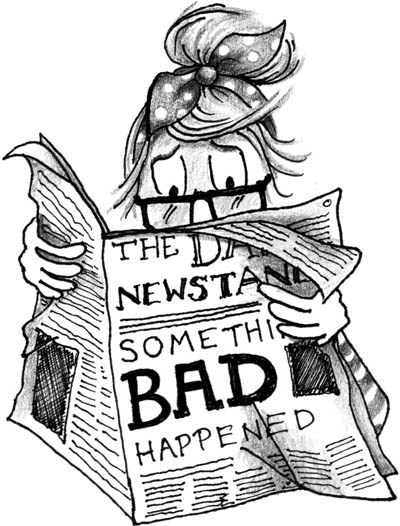
You may have noticed the grown-ups around you talking in serious ways. Or making a point of not talking when you are in the room.
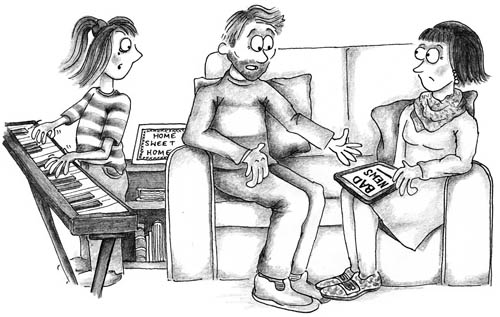
You may have noticed that the news is on all the time. Or weirdly, not on at all.
You may have noticed that people around you seem distracted, nervous, angry, sad.
You may be wondering, What is going on?
Or maybe you know whats going on, and its making you feel nervous, or angry, or sad.
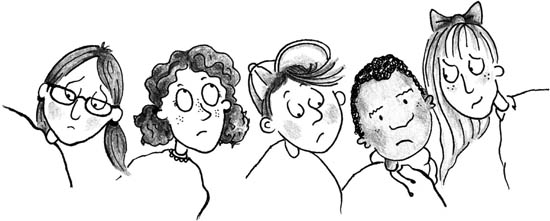
When we learn about something badeven when we hear only bits and pieces of itour brains get busy trying to make sense of what weve heard. We want to know:
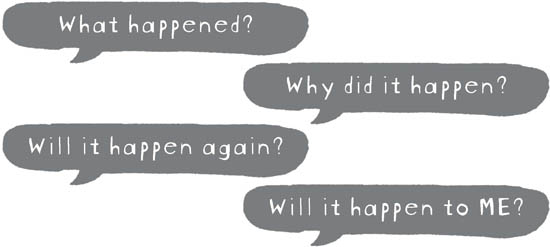
Talking about what happened is one of the best ways to settle down our brains. Talking helps us understand what happened, and how it might affect us. It helps us figure out what, if anything, we need to do.
But talking can be hard. Especially when its about something bad. Something scary. Something on everyones mind.
Next page
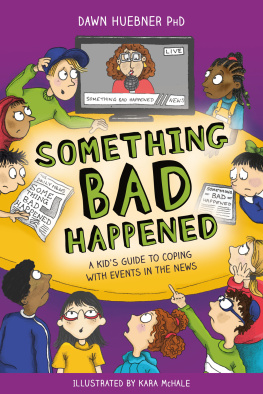
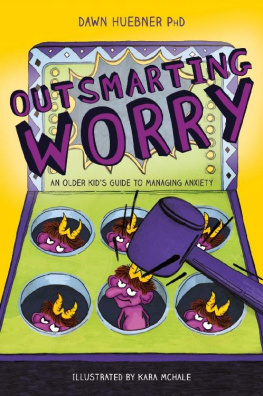
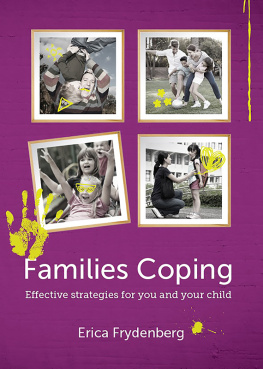

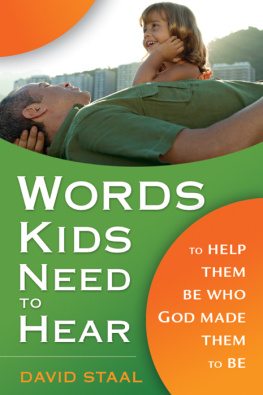
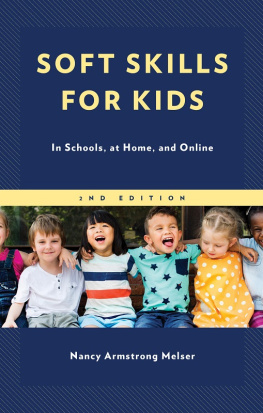
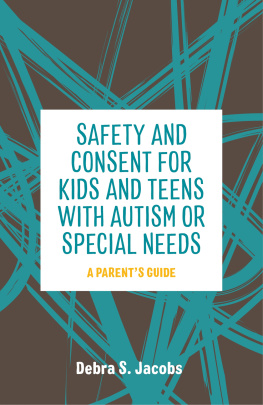
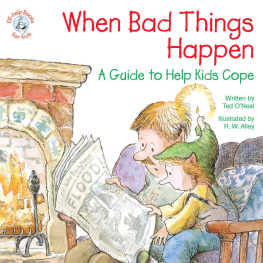
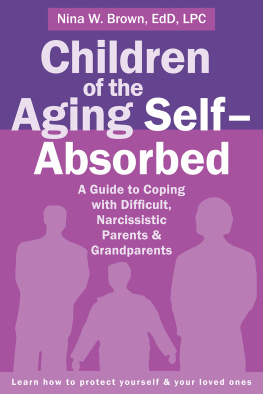
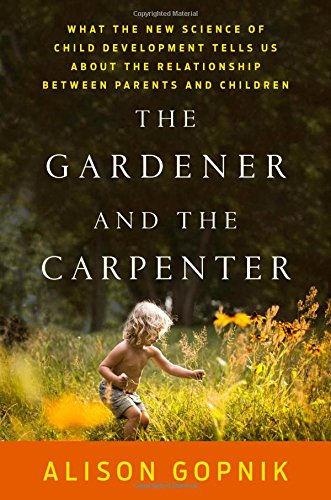


 can be downloaded from www.jkp.com/catalogue/book/9781787750746 for children to write in and reuse.
can be downloaded from www.jkp.com/catalogue/book/9781787750746 for children to write in and reuse.


